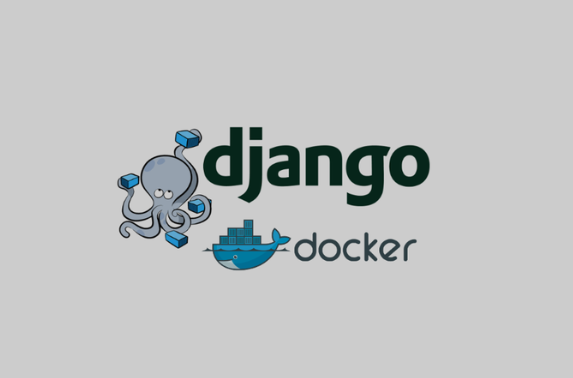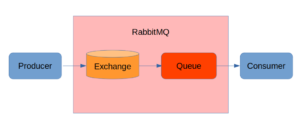Title: Django and Docker: Containerizing Django Applications
Introduction:
Containerization has become a popular approach for deploying web applications due to its portability and scalability. Docker provides a powerful platform for containerization, allowing developers to package their Django applications along with their dependencies into lightweight containers. This article explores the process of containerizing Django applications using Docker, enabling efficient deployment and management.
- Understanding Docker and Containers:
- Introduction to Docker and containerization concepts
- Benefits of using Docker for Django application deployment
- Setting Up Docker Environment:
- Installing Docker and Docker Compose on your development machine
- Configuring Docker for your Django project
- Dockerizing a Django Application:
- Creating a Dockerfile for building the Django application container
- Specifying the base image and installing dependencies
- Copying the Django project files into the container
- Configuring the container environment
- Building and Running Docker Containers:
- Building the Docker image for the Django application
- Running the Django application container locally
- Testing the Django application inside the container
- Managing Dependencies with Docker Compose:
- Defining multi-container environments using Docker Compose
- Configuring the database, cache, and other services in Docker Compose
- Running the entire application stack with a single command
- Managing Django Settings for Containers:
- Configuring Django settings for different environments (development, production, etc.)
- Using environment variables to pass configuration to Docker containers
- Handling sensitive information and secrets in Docker containers
- Container Orchestration and Scaling:
- Deploying Dockerized Django applications to container orchestration platforms like Kubernetes or Amazon ECS
- Scaling Django containers horizontally to handle increased traffic
- Monitoring and managing Docker containers in a production environment
- Continuous Integration and Deployment:
- Integrating Docker containers into CI/CD pipelines
- Automating the build, testing, and deployment processes with Docker
- Ensuring a smooth deployment workflow with Docker containers
- Debugging and Troubleshooting Docker Containers:
- Techniques for debugging issues in Docker containers
- Logging and monitoring Docker containers for troubleshooting
- Common challenges and solutions when working with Dockerized Django applications
- Security Considerations:
- Best practices for securing Docker containers hosting Django applications
- Isolating containers and restricting container permissions
- Scanning Docker images for vulnerabilities and applying security patches
Conclusion:
Containerizing Django applications with Docker offers numerous benefits, including portability, scalability, and reproducibility. By following the steps and best practices outlined in this article, you can effectively containerize your Django applications and streamline the deployment process. Docker provides a powerful toolset for managing your application stack, allowing you to focus on building and maintaining robust Django applications with ease.




